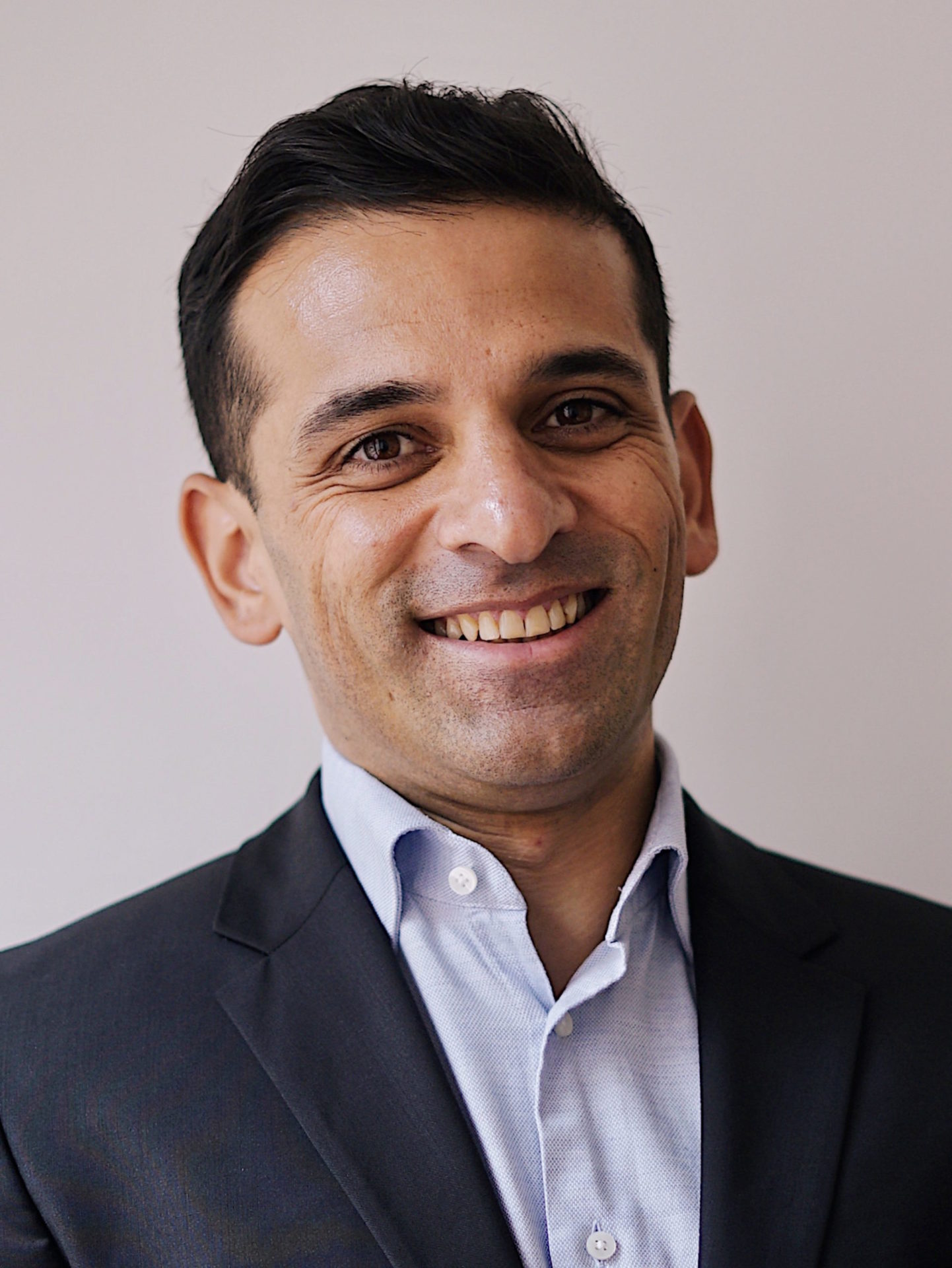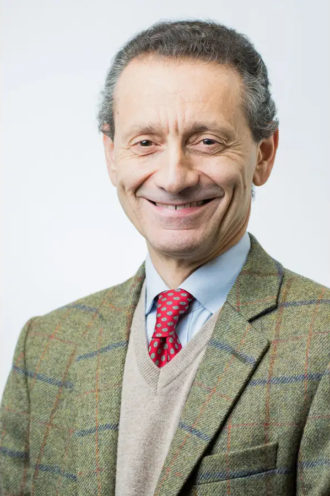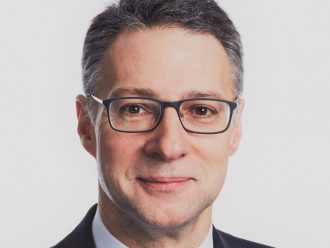How are you trying to make a difference in the fight against climate change?
IIGCC is one of the world’s largest global investor bodies focused on climate change. It operates through three teams. There is the policy team, which was formed 20 years ago to work with institutional investors on climate change. Then there is the corporate team, which has been helping investors engage with corporates since 2015, including via Climate Action 100+.
Finally, I lead the investor practices team to help institutional investors incorporate climate change into their investment strategies. This team was introduced in 2019 after what is now known as the Paris Aligned Asset Owners was formed. The initiative led to the development of the Net Zero Investment Framework, which marked a step change in how investors address net zero.
I started working in this space in 2020. During this period, we have seen rapid growth in companies and investors pledging their support to net zero as well as a greater scaling up on the issue.
The investors practice was only created in 2019. That seems a little late.
In terms of where investors were, it was the time when the [climate change] issue started to evolve. IIGCC had already been addressing it on a policy and engagement level for many years.
From the perspective of incorporating climate change into investment strategy at scale, it is relatively new. All the investor frameworks and alliances started around this time. The Net Zero Asset Owner Alliance, for example, was created in 2020 along with the Net Zero Asset Managers and Paris Aligned Asset Owners initiatives.
We can see, therefore, that a lot of progress has been made in three years. While some say we need to go further and harder, you have to remember the size of change we’re talking about. In short: big change, particularly at big organisations, takes time.
What is the most challenging part of your role?
Prioritising what is important for our more than 400 members. They are mainly pension funds and asset managers spread across 27 countries, with around £56trn in assets under management.
We have so much to do and will focus on the work that will have the most impact. But it is a privilege to be entrusted to do this work.
How, in your view, are institutional investors approaching the climate change challenge? What are they good at and what needs work?
They approach the challenge, as you would expect investors to do, with rigorous analysis. They try to use the best available data.
Institutional investors have come a long way in a short period of time in net-zero investing. They most definitely take the challenge seriously.
On where there is more work needed: they haven’t been so great at integrating physical climate risk into their investment decisions. But they understand there is work to do here and the need for marrying long and short-term risk.
Is there a difference in approach between how asset owners and asset managers are dealing with climate change?
Asset owners have a long-term view and have to make the necessary changes in asset allocation while thinking more on a macro level. For asset managers, they are for-profit businesses. They all have their specialities, and what they do is tied to the mandates awarded by their clients. There are boundaries to what they can do within those mandates.
What is important, and useful, is that the Net Zero Investment Framework is a common framework used by asset owners and asset managers on the issue.
Do asset owners or asset managers need to do more work on this issue?
There is evidence of lots of good work underway already. However, while asset owners may face challenges around resources, the larger asset managers arguably face the more complex challenges owing to the number and variety of mandates they have.
It’s important to recognise that there are lots of different types of asset manager with different approaches, so it is hard to generalise.
However, what we can say is that any perceived slow progress in implementing net-zero plans is not for want of trying.
We’re seeing huge e orts here, including the building of entire teams.





Comments